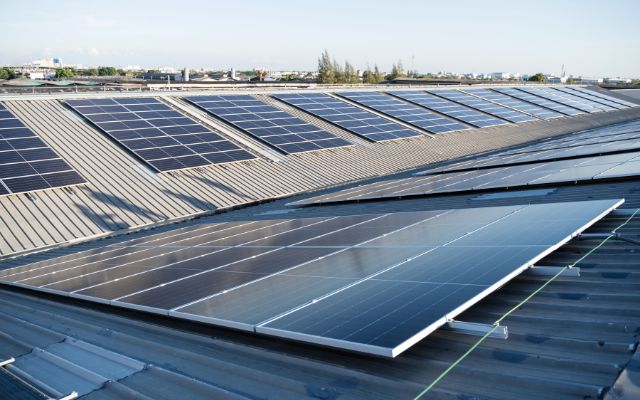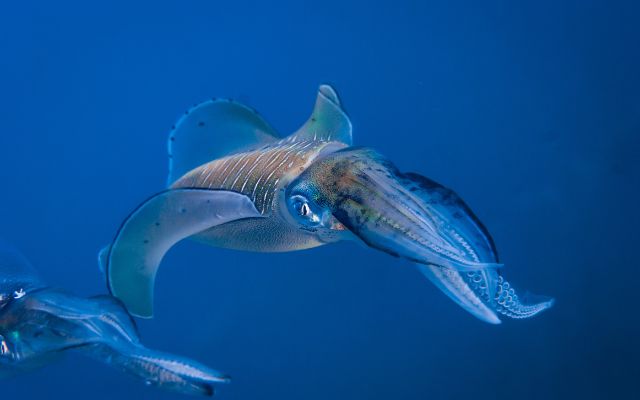State of the climate, a new renewable and more on cephalopods
In this issue:
The state of the climate
The latest World Meteorological Organization report on the State of the Climate reports 2024 saw the highest number of unprecedented climate events since records began in 2008. It reports 152 “unprecedented” and 297 “unusually extreme” events for the year. Heatwaves topped the list followed by extreme rain, flooding and cyclones. These events were linked to 1.700 deaths, 1.1 million people being injured and 824,500 being displaced.
A new renewable energy source?
A new renewable energy source is being researched by scientists at Princeton. The team is looking to establish whether electricity can be generated from the Earth’s rotation, specifically the magnetic field that the rotation creates. So far, the results are theoretically promising and the team claims to have generated small amounts of electricity using a hollow metal tube of manganese-zinc ferrite, fixed in the lab which, of course, is rotating with the spinning of the Earth. As always in the early days of new research, the conclusions are being questioned by other scientists but if it can be proven and scaled, it could become a new renewable.
How many roofs does it take to power a planet?
Turns out it is 50% more than we have now. Researchers from the University of Sussex have calculated if every rooftop around the planet carried solar panels, they would generate enough electricity to satisfy 2/3 of the planet’s electricity demand. However, crucially, the total generated, an estimated 19,483TWh, would be more than the current level of fossil-fuel based electricity generation, about 17,718TWh, and not need any change in land use.
Green steel a reality
Boston Metals, born out of MIT research into sustainable steel production, has recently claimed to have manufactured the first tonne of green steel at its prototype site in Woburn, Massachusetts. While electric arc furnaces can replace the heat requirememt of steel production, coal is still needed to make coke to remover the oxygen from iron ore. The new technique, molten oxide electrolysis, eliminates the need for coal entirely with the added benefit of generating oxygen instead of carbon dioxide as an output. While the technique works, it is currently too slow to be commercially viable. A larger demonstration plant is planned for 2026.
68% of Asian travellers looking for clean, green
Tourists from the Philippines topped the charts of Asian tourists prioritising sustainability in their travel destinations with 86% saying sustainability is a priority. Tourists from India (82%), Taiwan (80%), Malaysia (80%) and Vietnam (77%) were also looking for sustainable destinations with the average across the continent being 68%.
Did you know ……
Squid generate electricity from solar energy? We ran a story a few weeks ago about how much energy octopus use when changing colour. Well, it turns out some cephalopods are generators too. Scientists from North-eastern University (Boston) have found the colour change in squid is fuelled by organs (chromatophores) that work like organic solar cells to power the changes.


